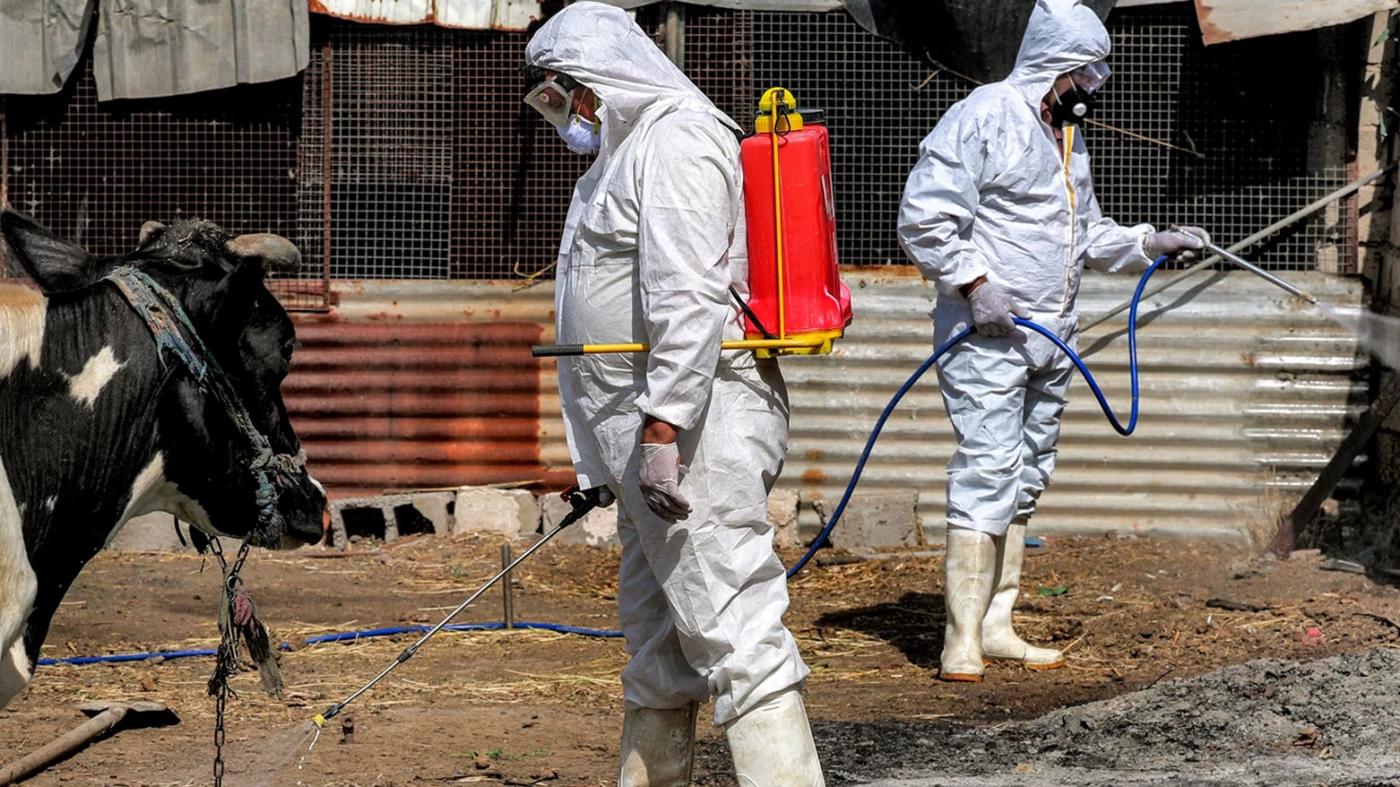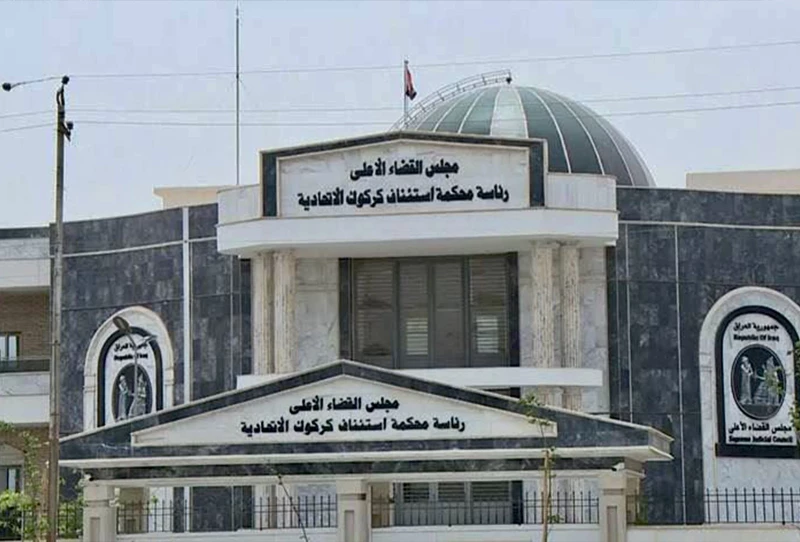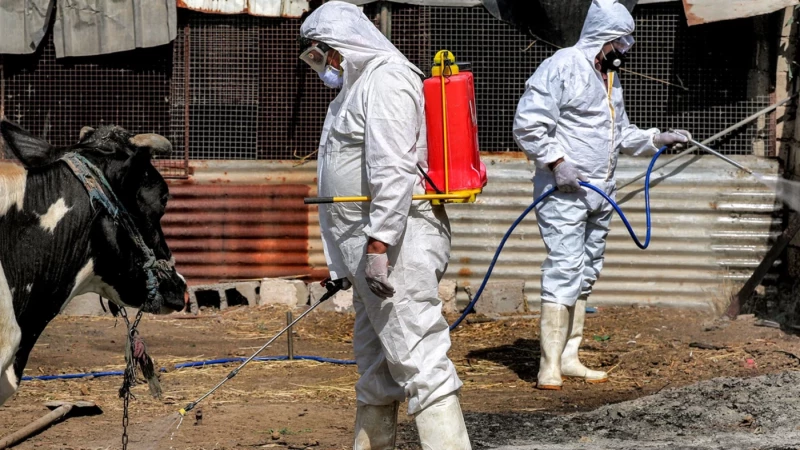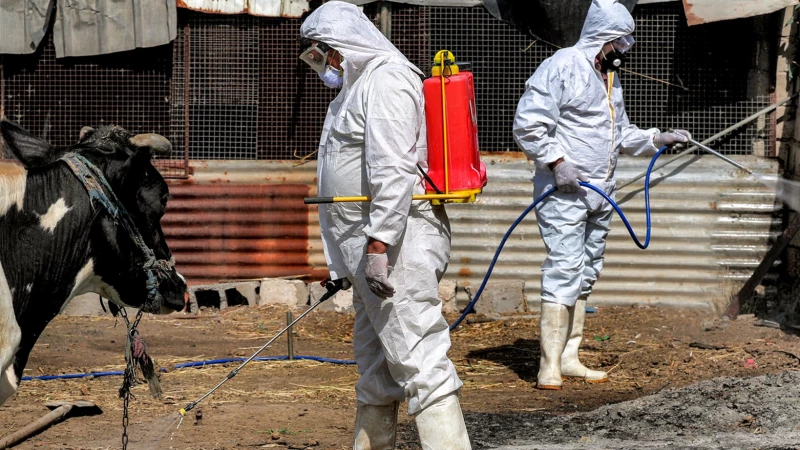ERBIL, Kurdistan Region of Iraq - Two more people died of hemorrhagic fever in Kirkuk province on Wednesday, raising the total virus-related deaths in Iraq to four.
A pregnant woman, 38, lost her baby on Wednesday night, soon after contracting the hemorrhagic fever.
“The woman’s health condition is unstable,” a source from the hospital confirmed to The New Region, adding that she is a nurse at Kirkuk Public Hospital and tested positive on Wednesday morning.
An official from the Kikuk Health Department confirmed the woman had come into contact with other infected people.
Earlier in the day, a butcher, said to be 52 years old, also died in Kirkuk due to the fatal virus.
Iraq has seen a total of 22 cases of hemorrhagic fever since the beginning of this year, according to data from the Iraqi health ministry. Of this number, four people have died - all from Kirkuk.
Hemorrhagic fever is an infectious viral disease, often transmitted from animals to humans, with symptoms that can range from mild to severe and life-threatening, with those working intimately with animals facing an elevated risk of infection.
Certain variants of the viral infection can also be transmitted through mosquito or tick bites, while others spread from person to person through infected body fluids, such as blood, saliva, and semen.
In a bid to stop the spread of the disease, local health authorities in Kirkuk have already implemented a series of measures, including prohibiting the slaughter of animals outside designated slaughterhouses.
“People will have to buy meat in healthy places and avoid coming into contact with animals,” Sabah Namiq, Director of Public Health at the Kirkuk Health Department, told The New Region earlier this week.
Namiq also warned that “every single animal is now suspected to have been infected with the virus, especially those animals that have tick bites on their udders and other sensitive areas of their body.”


 Facebook
Facebook
 LinkedIn
LinkedIn
 Telegram
Telegram
 X
X



